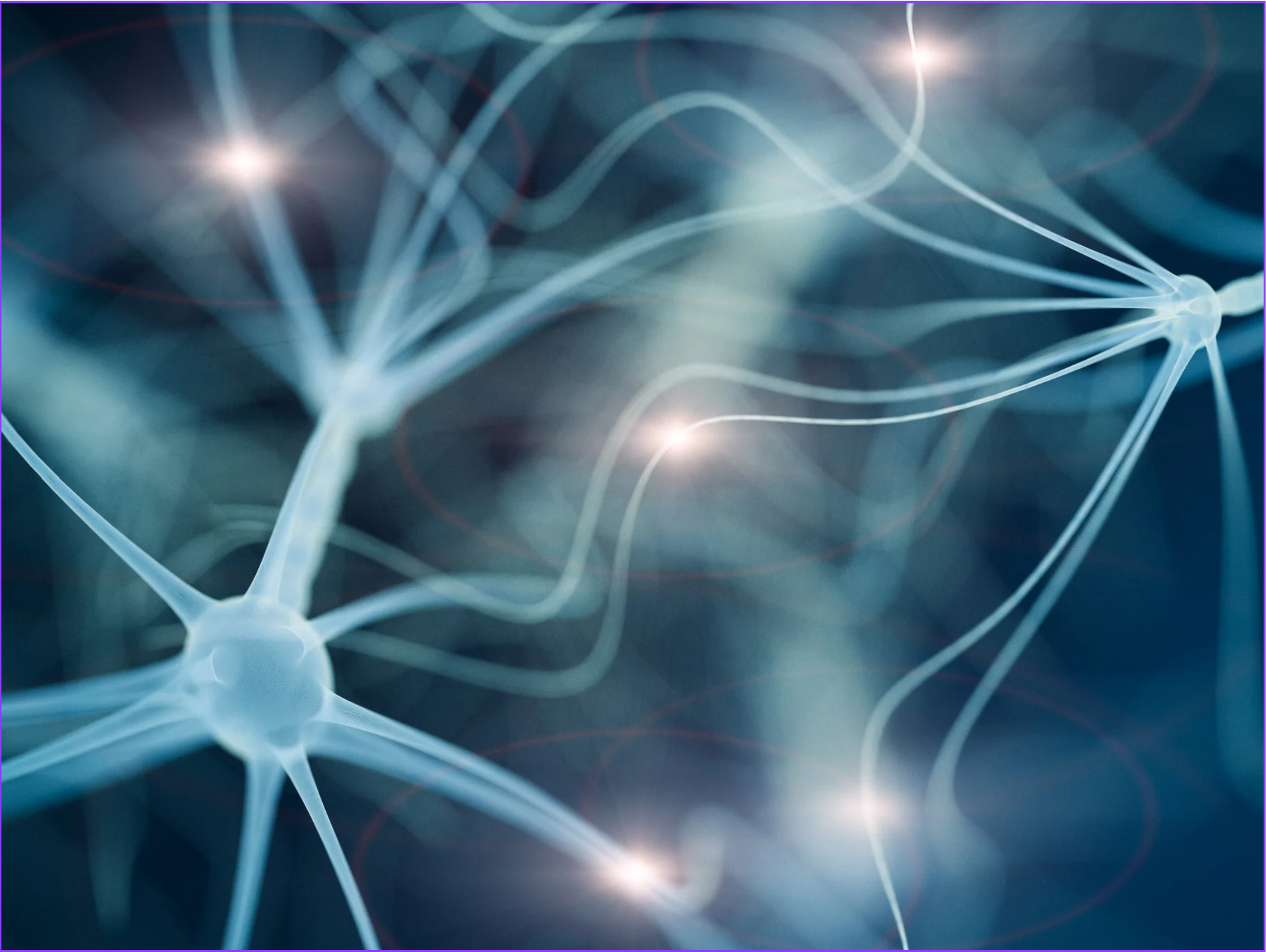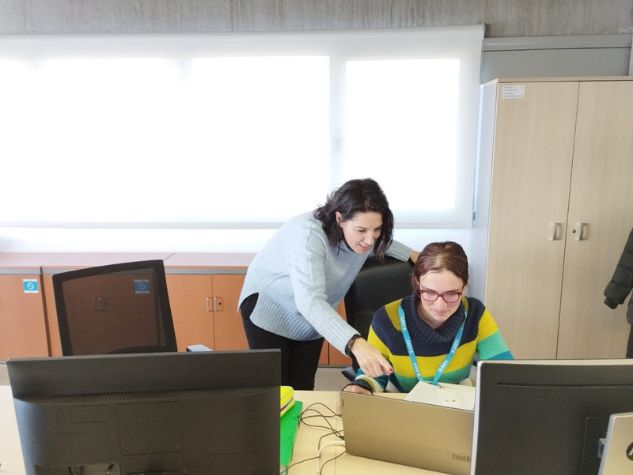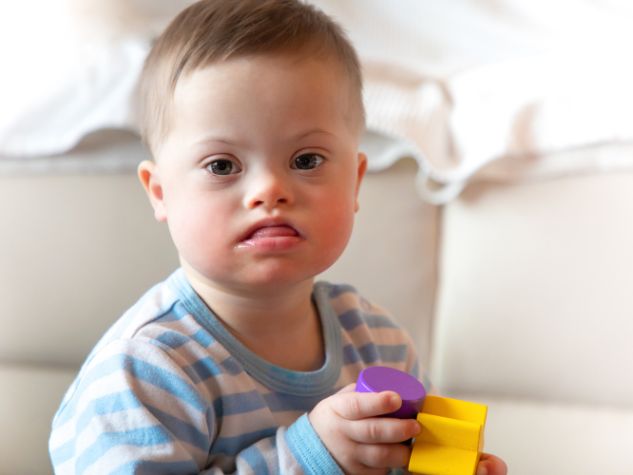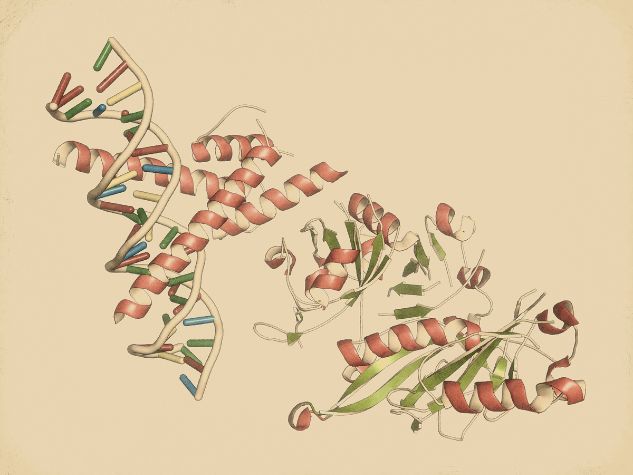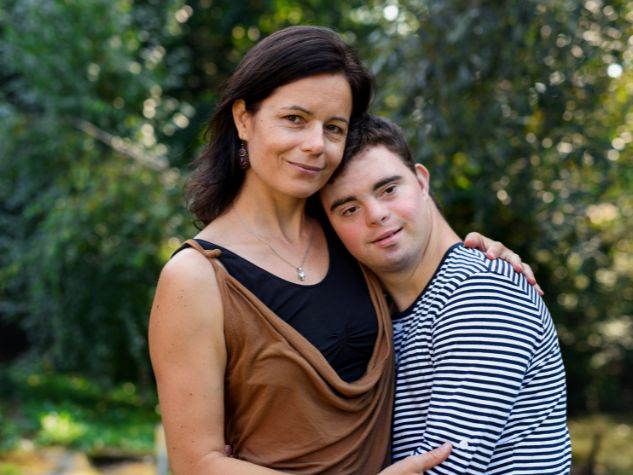Early stimulation in the first months of a baby’s life is crucial for facilitating their development and enhancing their future skills, a principle that becomes even more pertinent when dealing with babies with Down syndrome. Parents play a crucial role in learning and applying stimulation techniques at home, as it has been proven that learning experiences in the family environment are the most effective, aligning with the baby’s emotional development.
Development and Muscular Challenges:
One of the most prominent challenges faced by babies with Down syndrome is low muscle tone, posing a hurdle to basic skills such as crawling, holding up the head, or maintaining balance while sitting. Overcoming these challenges requires focus and dedication from parents.
Key Stimulation Activities:
- Tummy Time: A fundamental activity for strengthening back muscles and controlling head weight. Placing the baby on their tummy and encouraging exploration by looking up, forward, and to the sides, with the aid of sound toys.
- Sitting Independently: Placing the baby on their back and holding their hands to encourage them to sit up. Sitting on the lap and sharing moments of reading stories and singing traditional songs also contributes to development. Galloping movements forward, backward, or to the sides promote balance.
- Crawling and Scooting: Once the baby can sit without support, crawling and scooting are stimulated. Positioning oneself at a distance that allows the baby to move a little independently, helping them adopt a crawling position. Another technique involves parents sitting with legs apart, placing a toy on one leg and the baby on the other, encouraging a high crawling posture.
- Support for Walking: As the baby begins to stand, support for walking can be provided by holding onto their shirt or using a scarf under the armpits. It is crucial to avoid holding their hand, as this could impact their confidence.
Early stimulation is not only beneficial for the physical development of a baby with Down syndrome but also plays a vital role in strengthening their confidence and self-esteem. Parental dedication in implementing these activities not only impacts the child’s motor skills but also significantly contributes to their emotional well-being.
In summary, early stimulation emerges as a powerful tool to pave the way for comprehensive development in babies with Down syndrome, creating solid foundations for a future filled with achievements and possibilities.



